This book is an evening's read of a cute little book wherein the Queen gets the reading habit. It is worth a few chuckles...
The Uncommon ReaderBy Bennett, Alan (Book - 2007)
“What she was finding also was how one book led to another, doors kept opening wherever she turned and the days weren't long enough for the reading she wanted to do.”
― Alan Bennett, The Uncommon Reader
“A book is a device to ignite the imagination.”
― Alan Bennett, The Uncommon Reader
“You don't put your life into your books, you find it there.”
― Alan Bennett, The Uncommon Reader
“Books are not about passing time. They're about other lives. Other worlds. Far from wanting time to pass, one just wishes one had more of it. If one wanted to pass the time one could go to New Zealand.”
― Alan Bennett, The Uncommon Reader
“Above literature?' said the Queen. 'Who is above literature? You might as well say one was above humanity.”
― Alan Bennett, The Uncommon Reader
“The appeal of reading, she thought, lay in its indifference: there was something undeferring about literature. Books did not care who was reading them or whether one read them or not. All readers were equal, herself included. Literature, she thought, is a commonwealth; letters a republic.”
― Alan Bennett, The Uncommon Reader
“[B]riefing is not reading. In fact it is the antithesis of reading. Briefing is terse, factual and to the point. Reading is untidy, discursive and perpetually inviting. Briefing closes down a subject, reading opens it up.”
― Alan Bennett, The Uncommon Reader
“The days weren't long enough for the reading she wanted to do.”
― Alan Bennett, The Uncommon Reader
“...she felt about reading what some writers felt about writing: that it was impossible not to do it and that at this late stage of her life she had been chosen to read as others were chosen to write.”
― Alan Bennett, The Uncommon Reader
“To begin with, it's true, she read with trepidation and some unease. The sheer endlessness of books outfaced her and she had no idea how to go on; there was no system to her reading, with one book leading to another, and often she had two or three on the go at the same time.”
― Alan Bennett, The Uncommon Reader
“It was the kind of library he had only read about in books.”
― Alan Bennett, The Uncommon Reader
“Authors, she soon decided, were probably best met within the pages of their novels, and were as much creatures of the reader's imagination as the characters in their books. Nor did they seem to think one had done them a kindness by reading their writings. Rather they had done one the kindness by writing them.”
― Alan Bennett, The Uncommon Reader
“... Once I start a book I finish it. That was the way one was brought up. Books, bread and butter, mashed potato - one finishes what's on one's plate. That's always been my philosophy.”
― Alan Bennett, The Uncommon Reader
“Reading is untidy, discursive and perpetually inviting.”
― Alan Bennett, The Uncommon Reader
“One reads for pleasure...it is not a public duty.”
― Alan Bennett, The Uncommon Reader
“I would have thought," said the prime minister, "that Your Majesty was above literature."
"Above literature?" said the Queen. "Who is above literature? You might as well say one is above humanity.”
― Alan Bennett, The Uncommon Reader
“One recipe for happiness is to have to sense of entitlement.' To this she added a star and noted at the bottom of the page: 'This is not a lesson I have ever been in a position to learn.”
― Alan Bennett, The Uncommon Reader
“I have to seem like a human being all the time, but I seldom have to be one. I have people to do that for me.”
― Alan Bennett, The Uncommon Reader
“To read is to withdraw.To make oneself unavailable. One would feel easier about it if the pursuit in itself were less...selfish.”
― Alan Bennett, The Uncommon Reader
“Archbishop. Why do I never read the lesson?”
“I beg your pardon, ma’am?”
“In church. Everybody else gets to read and one never does. It’s not laid down, is it? It’s not off-limits?”
“Not that I’m aware, ma’am.”
“Good. Well in that case I’m going to start. Leviticus, here I come. Goodnight.”
The archbishop shook his head and went back to Strictly Come Dancing.”
― Alan Bennett, The Uncommon Reader
“She‘d never taken much interest in reading. She read, of course, as one did, but liking books was something she left to other people.”
― Alan Bennett, The Uncommon Reader
“...to her all books were the same and, as with her subjects, she felt a duty to approach them without prejudice...Lauren Bacall, Winifred Holtby, Sylvia Plath - who were they? Only be reading could she find out.”
― Alan Bennett, The Uncommon Reader
“[...] But then books, as I'm sure you know, seldom prompt a course of actions. Books generally just confirm you in what you have, perhaps unwittingly, decided to do already. You go to a book to have your convictions corroborated. A book, as it were, closes the book.”
― Alan Bennett, The Uncommon Reader
“When they arrived at the palace she had a word with Grant, the young footman in charge, who said it was security and that while ma'am had been in the Lords the sniffer dogs had been round and security had confiscated the book. He though it had probably been exploded.
'Exploded?' said the Queen. 'But it was Anita Brookner.”
― Alan Bennett, The Uncommon Reader
“The appeal of reading, she thought, lay in its indifference: there was something undeferring about literature. Books did not care who was reading them or whether one read them or not. All readers were equal, herself included. Literature, she thought, is a commonwealth; letters a republic. Actually she had heard this phrase, the republic of letters, used before, at graduation ceremonies, honorary degrees and the like, though without knowing quite what it meant. At that time talk of a republic of any sort she had thought mildly insulting and in her actual presence tactless to say the least. It was only now she understood what it meant. Books did not defer. All readers were equal and this took her back to the beginning of her life. As a girl, one of her greatest thrills had been on VE night when she and her sister had slipped out of the gates and mingled unrecognised with the crowds. There was something of that, she felt, to reading. It was anonymous; it was shared; it was common. And she who had led a life apart now found that she craved it. Here in these pages and between these covers she could go unrecognised.”
― Alan Bennett, The Uncommon Reader
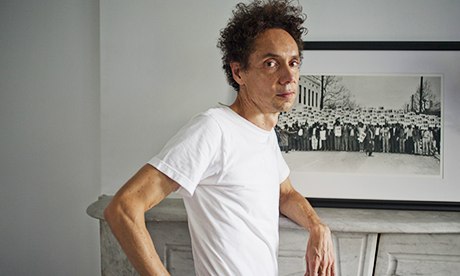
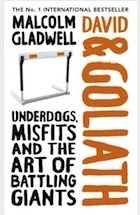
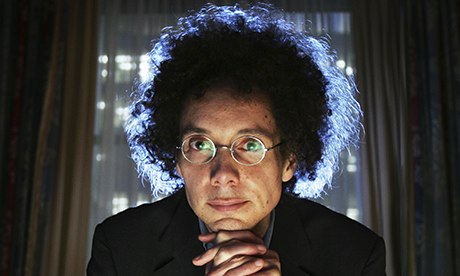




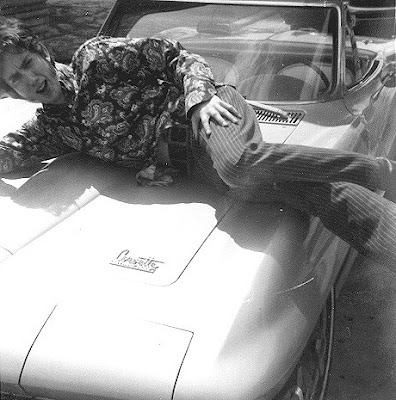




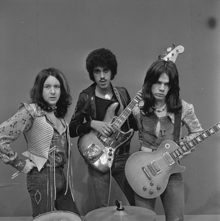










 rtist Jonathan Green)
rtist Jonathan Green)



